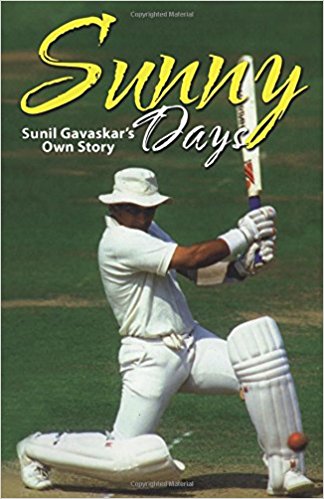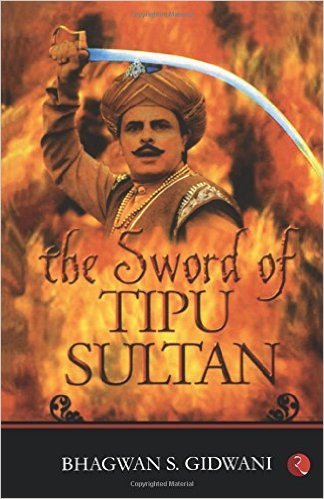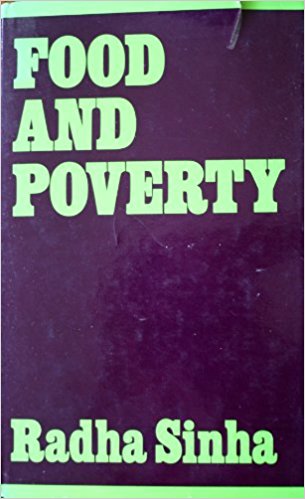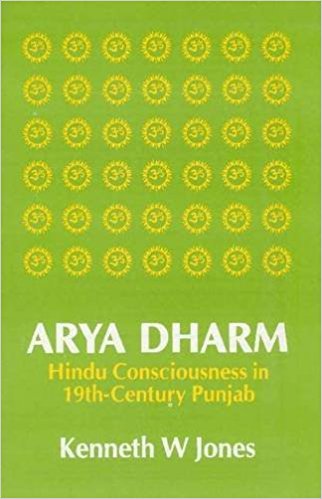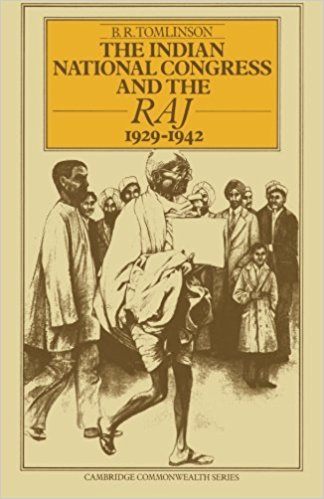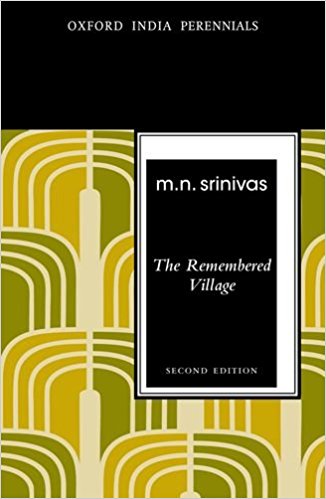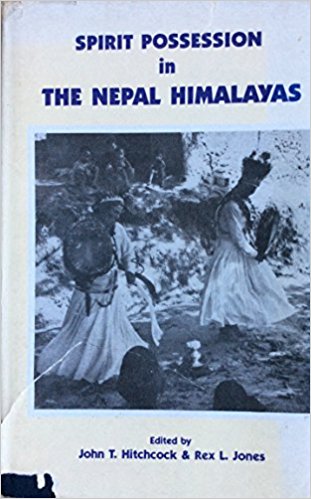I do not think of society as being bad, or as capable of being bettered. I con¬sider it absurd.-Garine in Les ConquerantsWe know that we have not chosen to be born, that we will not choose to die. That we can do nothing against time…
Archives
Jan-Feb 1977 . VOLUME 2, NUMBER 1/2Dr. Mahadevan’s translation and selection is a most useful reference work and reading the excerpts from the Minor Upanisads is fascinating. He has given short explanations with certain passages from nearly all the 108 Upanisads but, though the front-cover blurb claims these are ‘easy-to-read translations’, it is difficult to agree…
1977
Sunil Gavaskar writes as well as he bats—almost. In a simple and straightforward style he sets out his cricketing experiences. The narrative is full of little stories and anecdotes, which make interesting reading. In Sunny Days, Gavaskar gives his candid opinion about umpiring in England,..
It is perhaps axiomatic that charismatic leadership absorbed in the projection of its charisma, is followed by nuts-and-bolts leadership. Of the latter, President Sadat of Egypt is an instructive example. His six years as Egypt’s Head of State have been a remarkably open account of involvement…
There is no clarification in the preface about the ‘experimental’ nature of this autobiography; there is instead a brief account of the unhappy circumstances in which this book came to be written. At the age of 60, says Mr. Abbas, it struck him at the instigation of a friend that he had led an interesting life…
One of the stock criticisms of the post-Independence I.C.S. is that it is totally devoid of unusual individuals. Uniqueness and occasional eccentricity, it has been said, vanished with the British.
Thakura Ghara, the Sahitya Akademi award winning book of 1976, is the fifth and the latest collection of short stories by the author. ‘God’s Apartment’ is the vantage point from which the author surveys the middle class world.
Mathura is a miracle in itself. In its imperial past, it was a scene of high civilization, a centre of attraction for far-flung peoples. It remains a magnet; scores of visitors continue to flock there, drawn now not by temporal glory but by the magic of the Krishna legend…
Few rulers have been so maligned and misrepresented as Tipu Sultan, the Tiger of Mysore, who has generally been pictured as an ‘intolerant bigot’ or ‘the furious fanatic’—and consigned to the category of monsters. Generations of readers have accepted this view of the contemporary Englishman, writing with a sense of moral superiority over the so-called barbarian…
1977
Inadequate food production and the population explosion in developing countries were favourite themes for economists during the 1950s and 1960s. They have generally suggested that there is a need to modernize agriculture and increase food production, and take effective measures to bring down the population growth…
In economic matters judgements based on statistically tested hypotheses are surely to be preferred to hunches or guesses however clever. Where however ‘facts’ derived through statistical analysis fly in the face of what is widely believed to be the reality, before proceeding to accept them without reservations one…
In the very first paragraph of the first chapter of his book the author claims that the Arab community has played a significant role both in the collapse of the old international order and in setting in train the quest for a new one. While this categorical statement may sound chauvinistic to some, one cannot but agree with him on this point…
Indo-U.S. relations have followed a turbulent course. The appreciation of American support to India’s Independence struggle was soon dissipated by the U.S. arming of Pakistan following their Mutual Aid Treaty of 1954. Thereafter U.S. sympathy for India, in the wake of the Chinese aggression…
1977
Social history as an academic specialization is quite recent and in India it is still a largely unexplored field. While in the last few years some critical re-examination has been done of the role of Raja Rammohan Roy as a modernizer…
This is a study of British and Indian policy-makers in the penultimate years of the raj. The British, both in London and Delhi, could not see that the days of British rule were numbered and planned on the basis of staying on in India indefinitely by utilizing the Princes and the Muslim communal elements against…
1977
Delia Davin’s study of the rise of the working woman in China is a sober, factual, historical account giving insights of special interest to us in India of an almost identical system of social constraints upon women, but in a wholly different social setting. We never had bound feet to cripple a woman’s usefulness and productivity…
The Remembered Village illustrates most persuasively M.N. Srinivas’s central concerns. First, a healthy respect for the rural person, his life style, his know¬ledge. While social scientists and ad-ministrators are constantly figuring out programmes for rural folk on the assumption that they…
Man throughout his existence has striven towards an adjustment with the forces of nature. Some problems were easily resolved by his scientific, matter-of-fact attitude but there were others which were beyond empirical explanation. To harmonize with the forces beyond his comprehension, man evolved various assumptions and activities…


